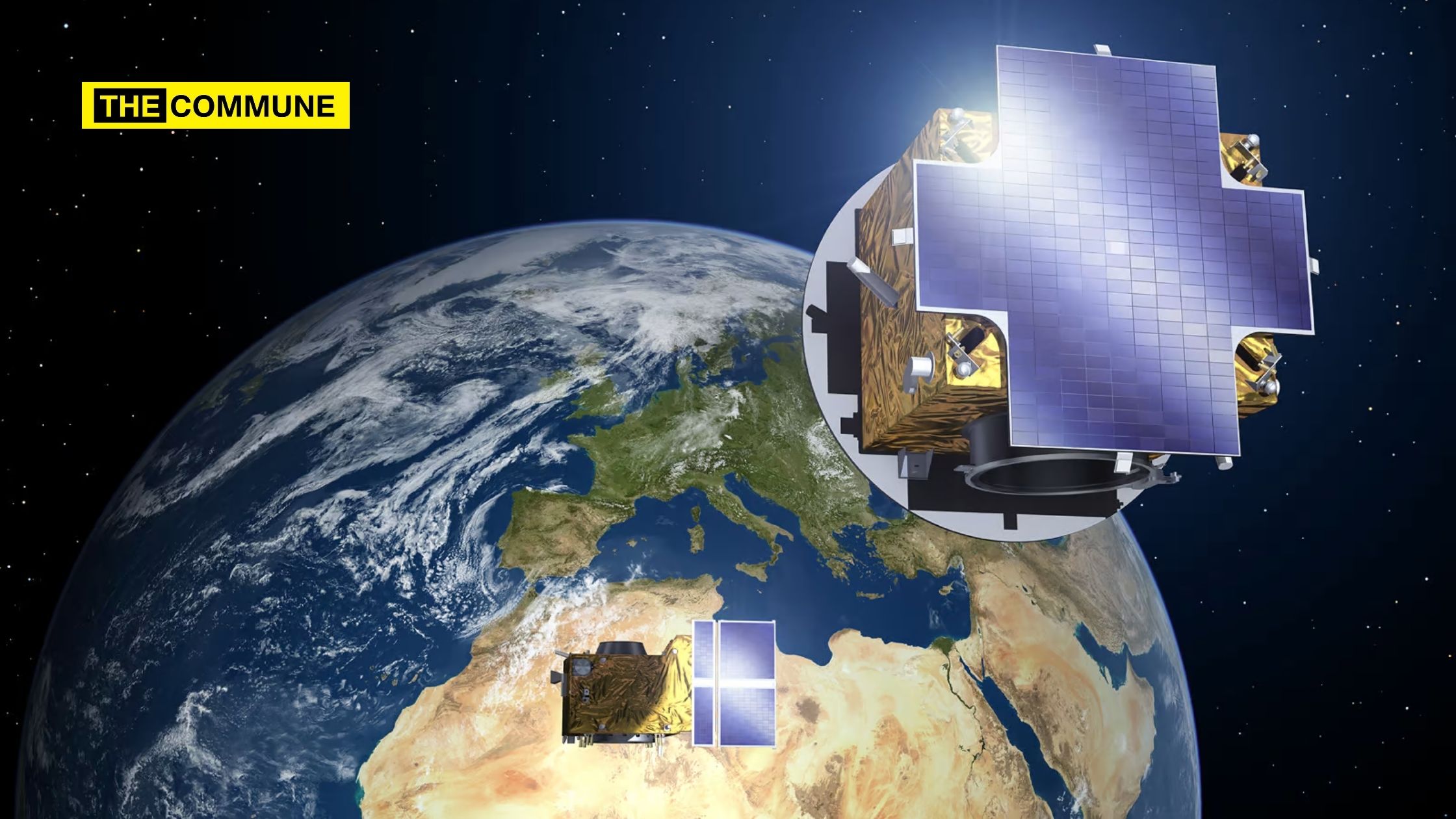
The Indian Space Research Organisation (ISRO) is set to launch the European Union’s Proba 3 Sun Observation Mission in December, said Dr Jitendra Singh, Union Minister of State (Independent Charge) Science & Technology, on Tuesday.
Speaking to IANS on the sidelines of the Indian Space Conclave 3.0 in New Delhi, he said the space scientists from India will partner with those in Europe to unravel the mysteries of the Sun. Proba-3, which aims to study the Sun’s faint corona closer to the solar rim, will be launched on the PSLV-XL rocket, operated by the ISRO.
“The European Union’s large orbiter Proba 3, which will observe the Sun, will go to space from Sriharikota in December,” Singh said. “Space scientists from ISRO and the European Union will observe the Sun’s atmosphere jointly,” he added.
The Proba-3 Sun observation mission includes two satellites that will work together to create a 144-metre-long instrument known as a solar coronagraph. This instrument will help scientists study the Sun’s corona, which is difficult to observe due to the brightness of the solar disk.
The ‘world’s first precision formation flying mission’ will enable scientists to study the Sun’s elusive corona with unprecedented proximity and detail.
Meanwhile, Singh said the space sector, which was “kept under wraps for 60-70 years,” has now been opened to the public sector with the 2023 New Space policy, leading to a significant boom in the industry. He also listed out the ambitious goal of establishing the Indian space station Bharatiya Antariksha Station (BAS) by 2035 and landing the first Indian on the Moon by 2040.
Addressing the Indian Space Conclave 3.0, the Minister highlighted that almost every sector in the country is using space technology. He added that space technology fosters the creation of smart cities by providing navigation, satellite imaging, and terrain mapping, among other benefits.
He also underscored India’s vision to increase its contribution to the global space economy from 2 per cent to 10 per cent in the coming years.
–IANS
Subscribe to our Telegram, WhatsApp, and Instagram channels and get the best stories of the day delivered to you personally.




